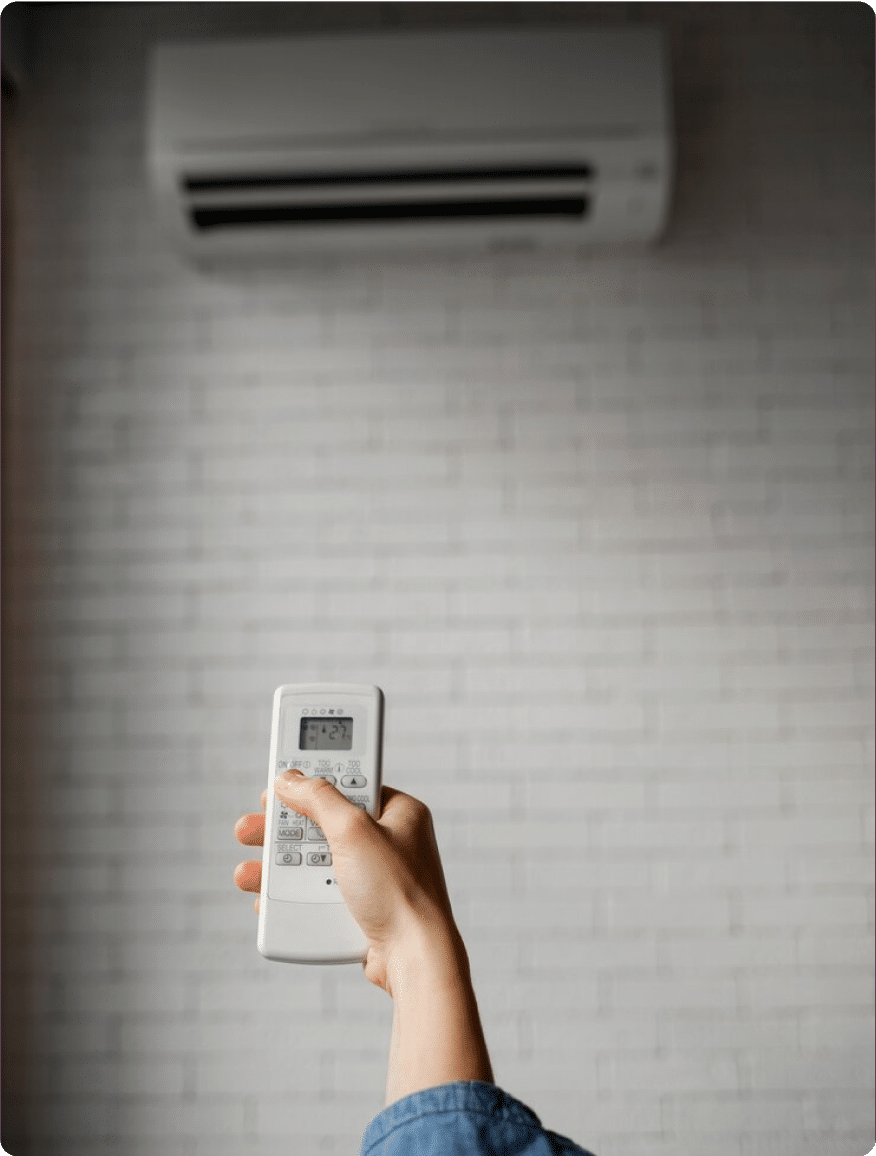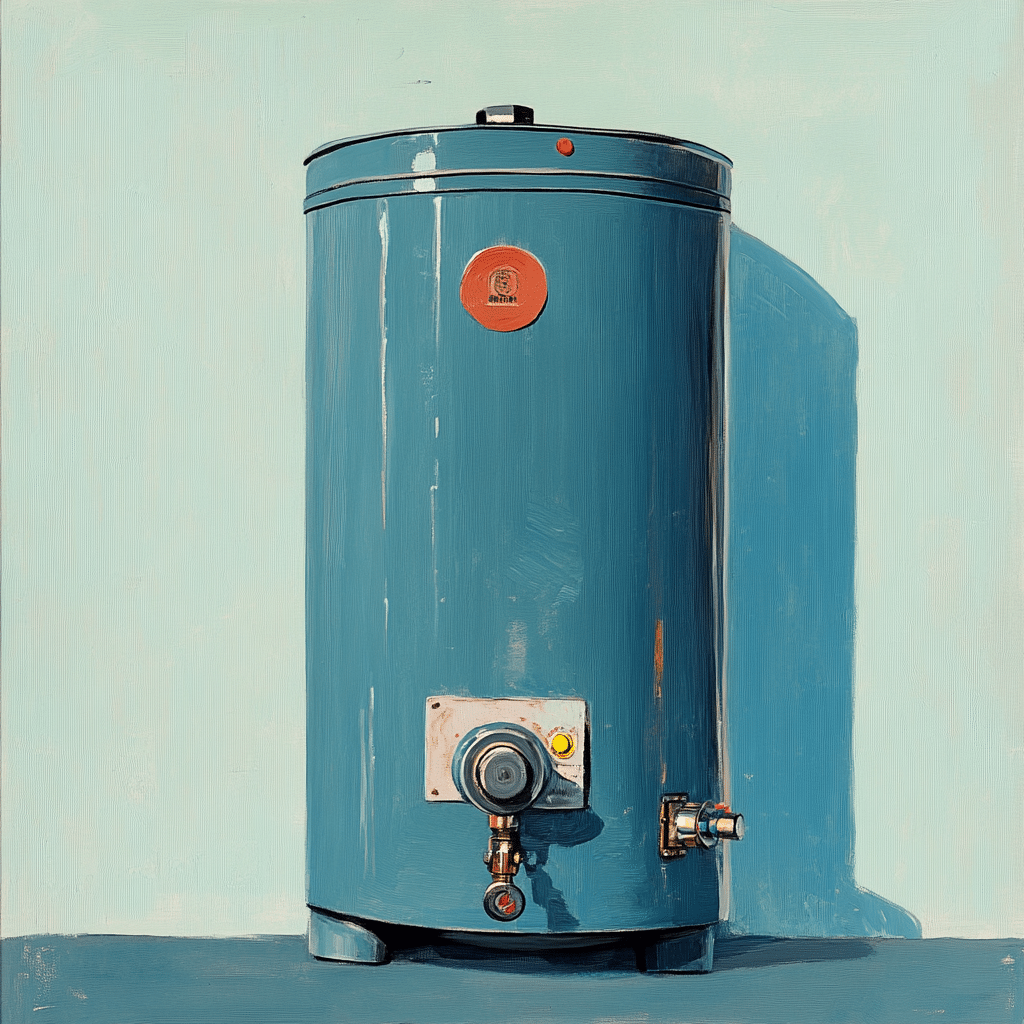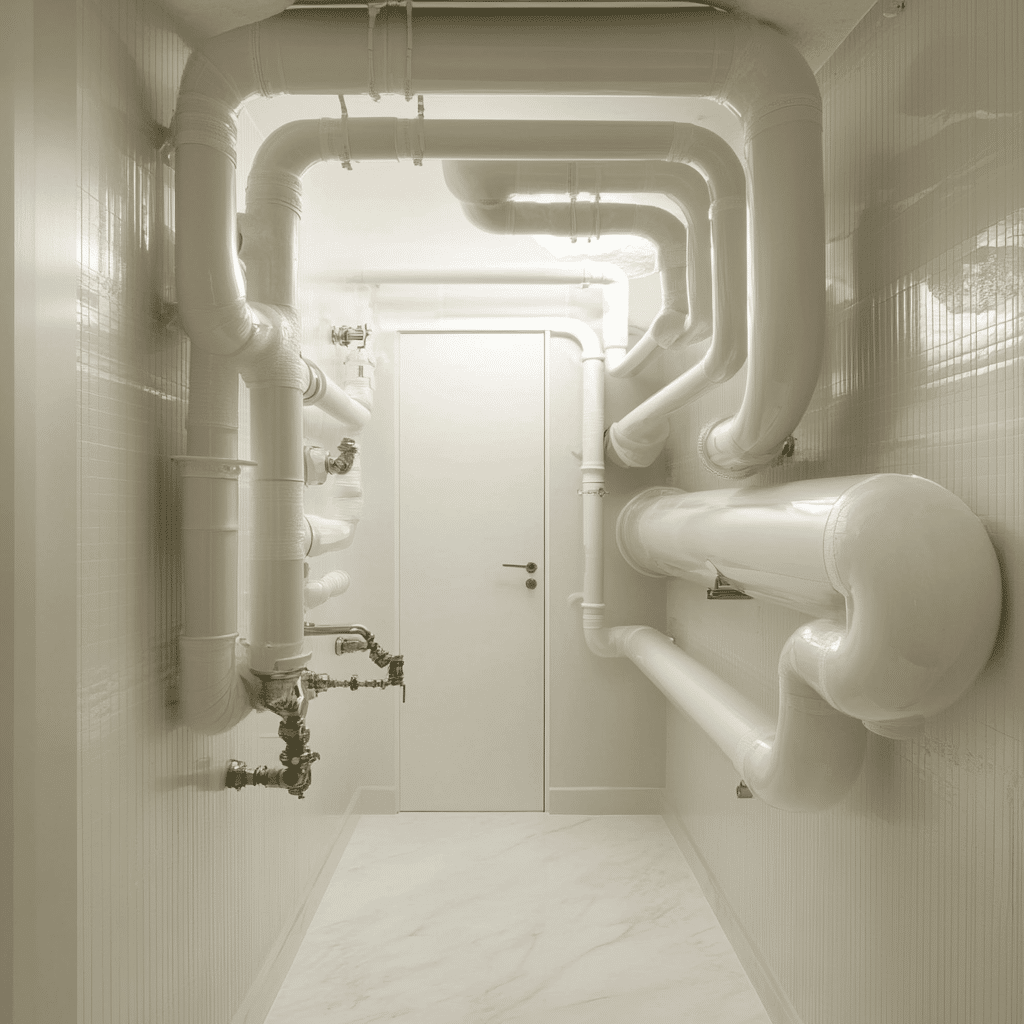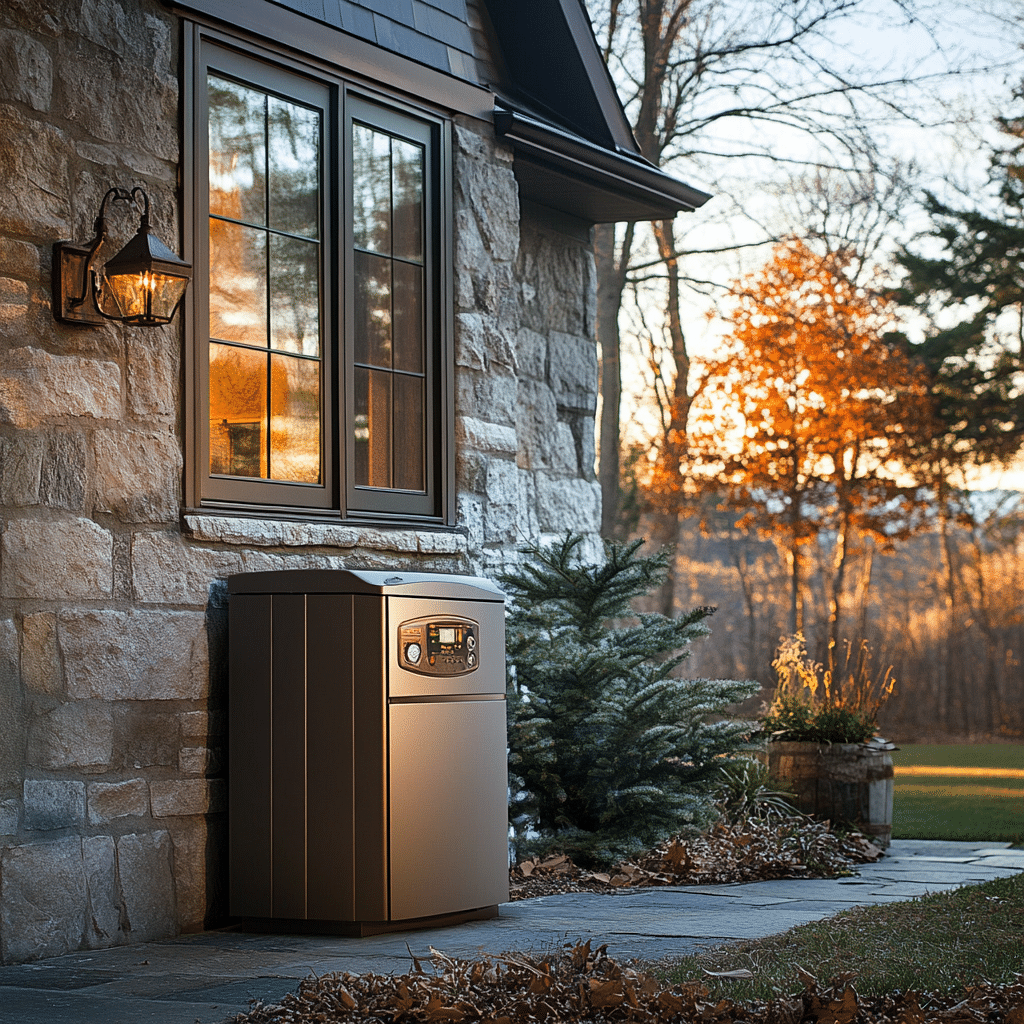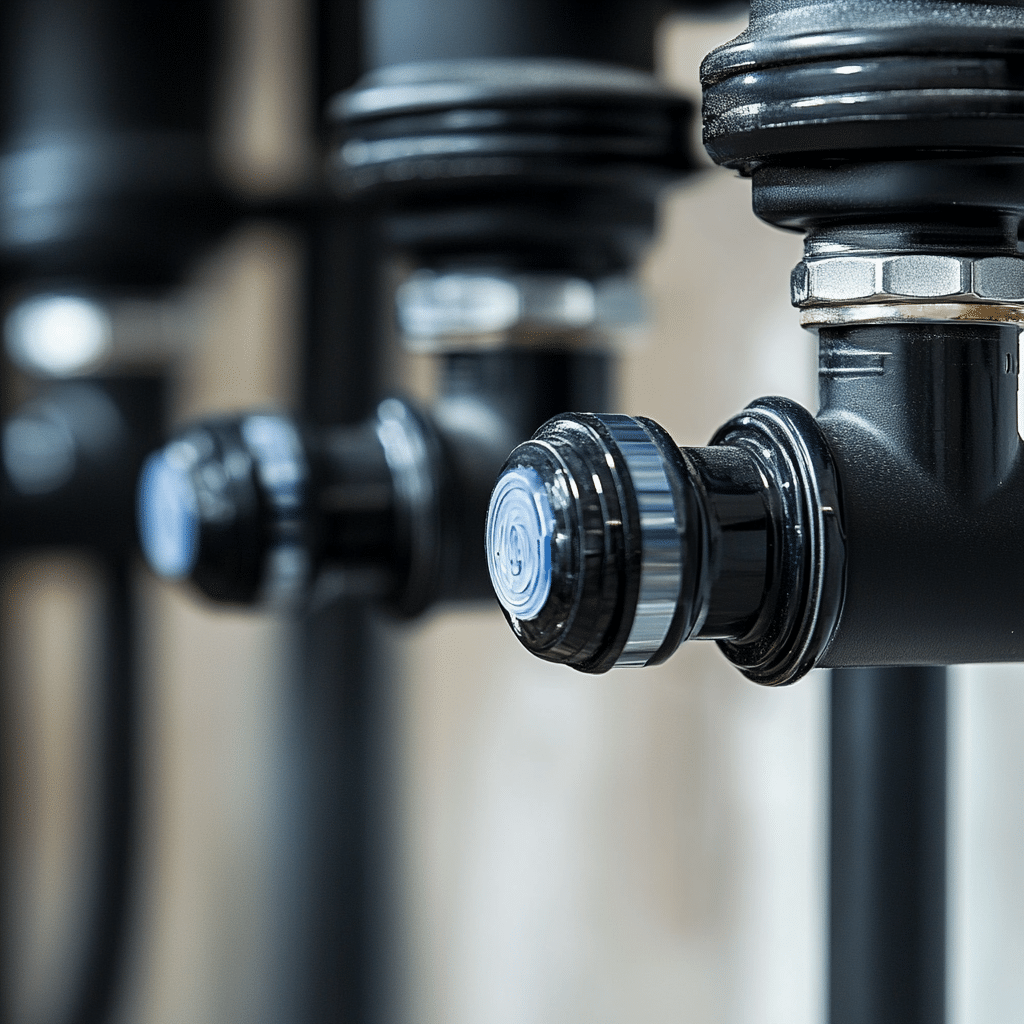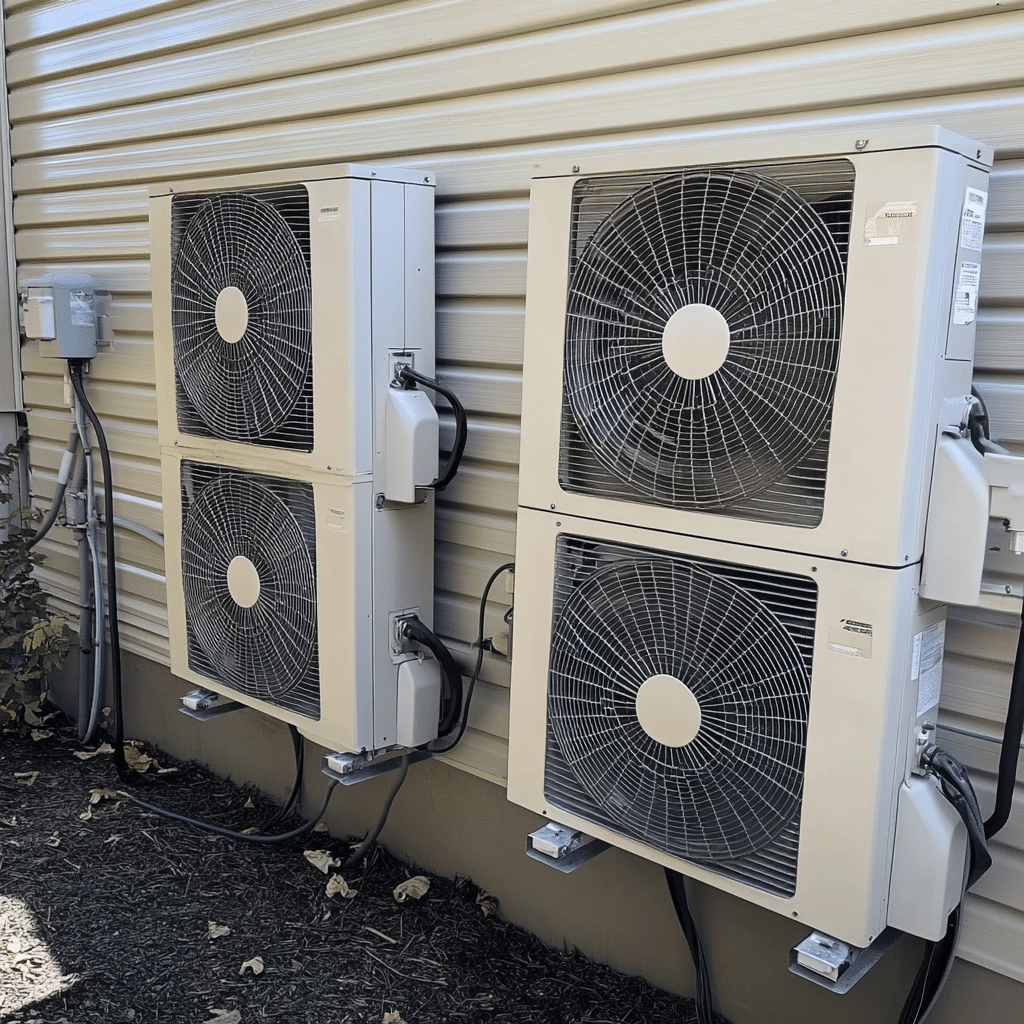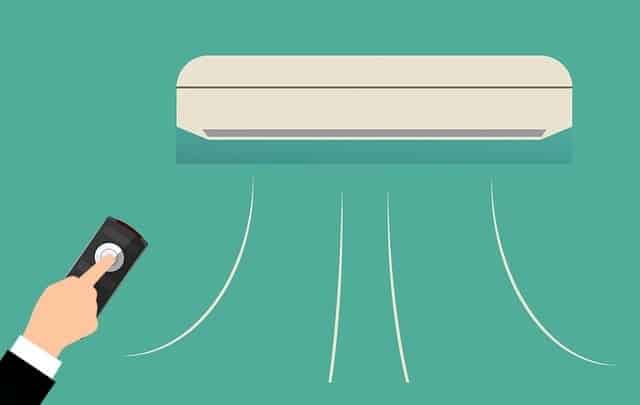Indoor air quality (IAQ) is a critical factor that impacts the health and comfort of your home. Often overlooked, the air inside our homes can sometimes be more polluted than outdoor air, with dust, allergens, pet dander, and other harmful particles circulating throughout the space. With families spending more time indoors, it’s essential to focus on improving indoor air quality to create a healthier living environment.
Thankfully, several strategies can be implemented with the help of your HVAC system, air purifiers, and humidity control. Let’s explore the importance of indoor air quality and some practical tips to enhance it.

Why Indoor Air Quality Matters
Good indoor air quality is vital for your health. Poor IAQ can lead to a variety of health issues, such as asthma, allergies, headaches, and even respiratory infections. Children, elderly individuals, and those with existing health conditions are particularly vulnerable to the harmful effects of poor air quality. In addition to health benefits, improving IAQ can also increase comfort by reducing odors, humidity, and airborne irritants that can affect the quality of life.
1. Utilize Your HVAC System for Better Air Quality
Your HVAC system plays a significant role in maintaining a healthy indoor environment by controlling temperature, humidity, and airflow. Here’s how to use your HVAC system to improve indoor air quality:
Regular Filter Replacement:
Air filters trap dust, allergens, and particles, helping to prevent them from circulating in the air. Over time, filters get clogged and less effective, so it’s essential to replace them regularly. Opt for high-efficiency particulate air (HEPA) filters, which are designed to trap finer particles and improve air quality.
Airflow and Ventilation:
Proper ventilation is key to ensuring that fresh air circulates throughout your home. Make sure that vents and ducts are unobstructed and clean. Regular maintenance of your HVAC system ensures that it’s working efficiently, allowing for better airflow and reduced levels of indoor pollutants.
Air Exchange Systems:
Many modern HVAC systems come with built-in air exchange systems that bring in fresh air from the outside while removing stale indoor air. This helps in maintaining good ventilation and prevents indoor air from becoming overly stagnant or contaminated.
2. Invest in Air Purifiers
Air purifiers are essential tools for improving indoor air quality. These devices filter out pollutants like dust, pet dander, pollen, smoke, and volatile organic compounds (VOCs). Here’s how air purifiers can help:
HEPA Air Purifiers:
These purifiers are capable of removing small particles from the air, such as dust and pollen, which can be beneficial for individuals with allergies or asthma. Consider placing air purifiers in key areas of the home, such as the bedroom and living room, to ensure cleaner air in the spaces you spend the most time in.
UV Air Purifiers:
Some air purifiers include ultraviolet (UV) light technology, which can kill bacteria, viruses, and mold spores, further improving the overall cleanliness of your indoor air.
Activated Carbon Filters:
If your home has strong odors from cooking, pets, or smoke, air purifiers with activated carbon filters can effectively trap odors and chemicals, leaving your indoor air smelling fresh and clean.
3. Control Humidity Levels
Humidity plays a significant role in indoor air quality. Too much humidity can create an environment conducive to mold growth, while too little humidity can dry out your skin, sinuses, and throat, making you more susceptible to irritation and illness. Here’s how to control indoor humidity:
Dehumidifiers:
In areas of your home that are prone to high humidity, such as basements and bathrooms, a dehumidifier can help reduce moisture levels and prevent the growth of mold and mildew. Keeping humidity levels between 30% and 50% is ideal for maintaining good air quality and comfort.
Humidifiers:
In the winter, when the air tends to be dry, using a humidifier can add moisture to the air, preventing dry skin, sore throats, and irritated sinuses. This can also help reduce the impact of dust, allergens, and respiratory discomfort.
4. Regularly Clean and Maintain Your Home
While your HVAC system and air purifiers work hard to improve indoor air quality, regular cleaning practices can make a significant difference. Here are some tips to keep your home clean and reduce indoor pollutants:
Vacuum Frequently:
Using a vacuum equipped with a HEPA filter is essential for effectively removing dust, pet hair, and other common indoor air pollutants that can significantly affect indoor air quality. Regular vacuuming, especially in high-traffic areas and bedrooms, helps minimize allergens and reduce indoor pollutant levels. By maintaining a consistent vacuuming schedule, you can continuously remove indoor air pollutants and improve the overall air quality within your indoor environment.
Clean Your Carpets and Upholstery:
Carpets, rugs, and upholstery are notorious for trapping dust, allergens, and other indoor pollutants. Regular deep cleaning or professional carpet cleaning is crucial to reducing the buildup of indoor air pollutants and allergens in your home. By addressing these sources of indoor air pollution, you can significantly improve indoor air quality and create a healthier indoor environment for building occupants.
Avoid Harsh Chemicals:
Many conventional cleaning products contain harsh chemicals that release volatile organic compounds (VOCs) into the air, contributing to indoor air pollution. Opt for natural or low-VOC cleaning products to minimize chemical exposure in your home. Reducing the use of products that increase indoor pollutant levels is an effective way to improve indoor air quality and protect human health from the adverse effects of poor indoor air quality. By choosing environmentally friendly cleaning options, you are taking a proactive step in reducing indoor air pollutants and maintaining a healthier indoor space.
5. Schedule Regular HVAC Maintenance
Scheduling regular HVAC maintenance is a vital step in ensuring the efficiency of your system and enhancing the indoor air quality (IAQ) in your home. An HVAC technician will thoroughly clean and inspect the system, replace filters, check for leaks, and ensure that all components are functioning optimally. Regular tune-ups help prevent indoor air quality problems by maintaining proper airflow and reducing the risk of carrying indoor air pollutants. This proactive approach not only improves energy efficiency but also contributes to cleaner, healthier indoor air.
Indoor air quality is a critical factor in the overall health and comfort of your home environment. By effectively utilizing your HVAC system, investing in air purifiers, controlling humidity, and maintaining a regular cleaning schedule, you can significantly improve the indoor air your family breathes. Regular HVAC maintenance not only enhances air quality but also extends the lifespan of your equipment, saving you money in the long run. Additionally, it ensures that your home remains a safe haven from outdoor air pollution and other environmental threats.
For expert advice on improving indoor air quality or to schedule HVAC maintenance, contact Advantage Air Plumbing, Heating & Cooling today. Our team is dedicated to helping you create a clean, comfortable, and healthy indoor environment year-round. By addressing common indoor air pollutants and optimizing your air handling systems, we ensure that your indoor spaces remain free from harmful air pollutants and conducive to good health. Let us help you improve indoor air quality, reduce indoor air pollutants, and provide your family with the best air quality possible.
